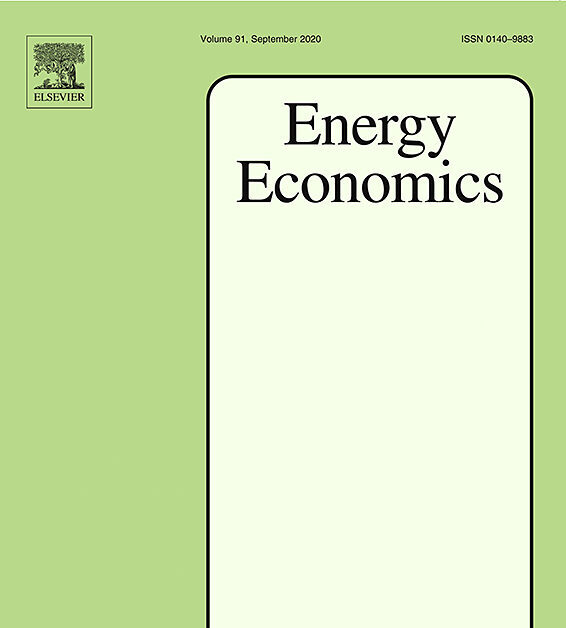This study is intended to assess the sensitivity of demand for light fuels in Brazil to changes in prices and income, considering the unique characteristics of the Brazilian fleet, the lack of convergence across studies available for the domestic market and its importance in discussions on climate change and national security, among others. For this purpose, the short- and long-term price and income elasticities of light fuel demand were estimated using cointegration techniques, based on an empirical model that incorporates the unique features of the internal market. Despite the characteristics of the Brazilian fleet, the results showed that the elasticities found for the national market are similar to those seen in other countries. The conceptual framework and empirical analysis that were used also allowed for a better understanding of the differences between the results of studies on demand for gasoline, ethanol or natural gas in Brazil and those found in the international literature, providing key players in the sector with crucial information for designing public policies and business strategies.
Analyzing light fuel demand elasticities in Brazil using cointegration techniques
O estudo avalia a sensibilidade da demanda por combustíveis líquidos no Brasil, em relação aos preços e a renda, considerando as características únicas da frota brasileira (que incorpora os veículos flexíveis). Utiliza técnicas de cointegração de séries temporais para estimar as elasticidades. Traz à luz considerações sobre abastecimento energético, impactos ambientais e a diferença das caraterísticas da demanda brasileira em relação ao resto do mundo derivadas da possibilidade de abastecimento com o etanol hidratado.
Autor:
Luciano Rodrigues e Mirian Rumenos Piedade Bacchi
Ano de Publicação:
2017
Referência:
Rodrigues, L.; Bacchi, M. R. P. Energy Economics, vol. 63, mar/2017, pg. 322-331

